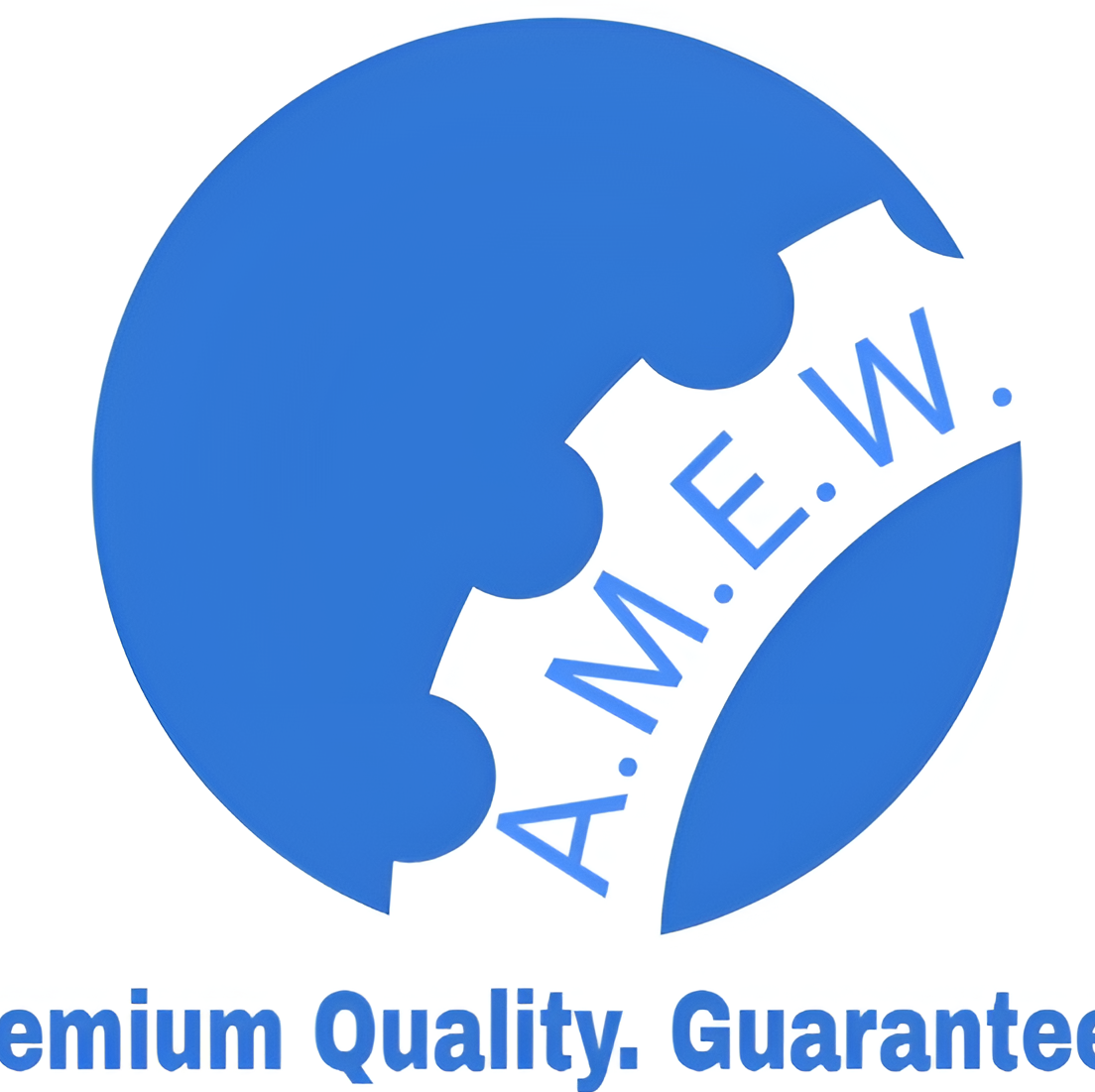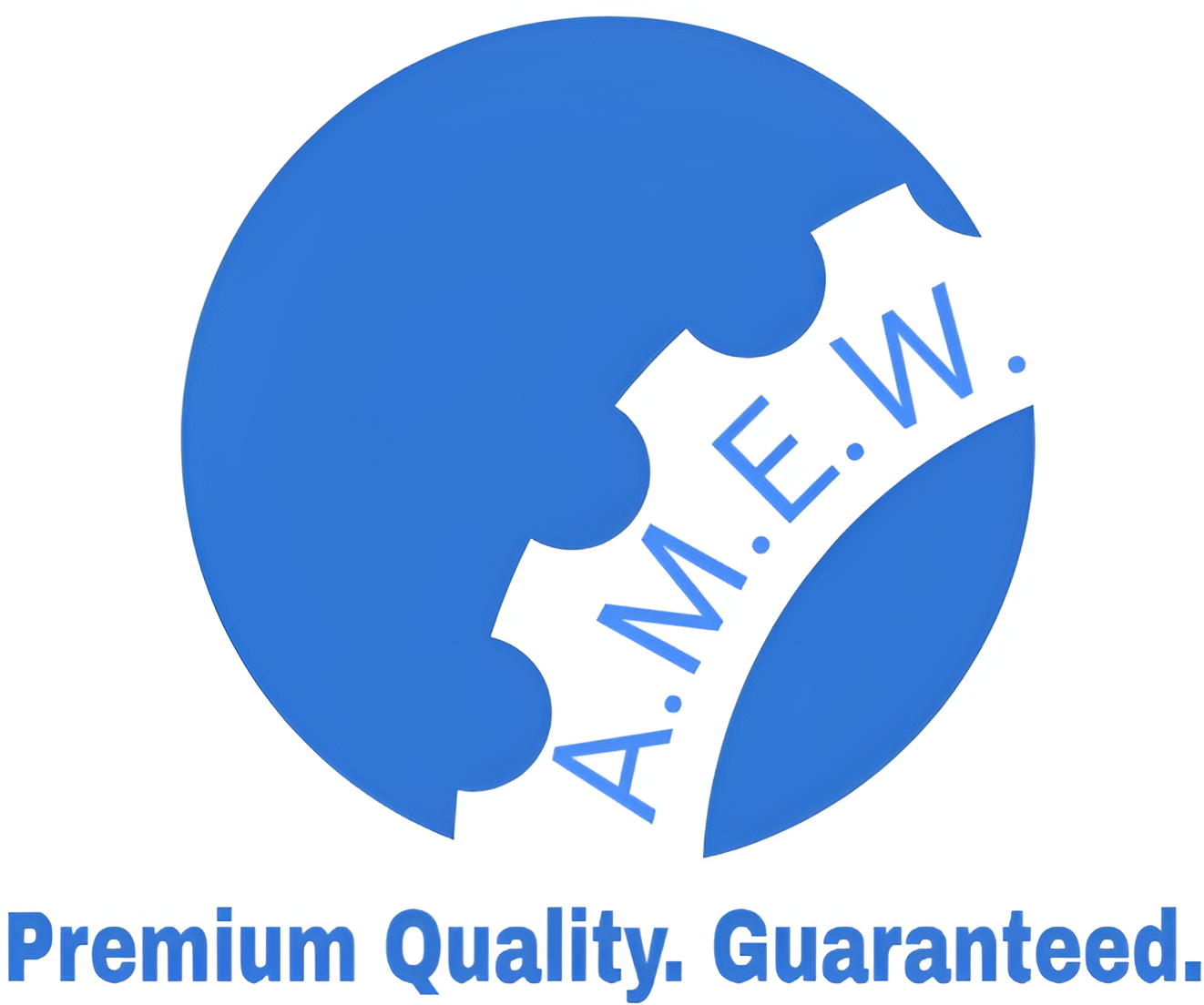Everything You Need to Know About Forged Gear Blanks and Crane Wheels
When it comes to heavy-duty industrial components, forged gear blanks and crane wheels are paramount. They play a critical role in industries that require high strength, durability, and precision. But what exactly are these components, why are they so essential, and how are they manufactured? This blog dives deep into the world of forged gear blanks and crane wheels, offering insights into their production process, benefits, applications, and more.
What Are Forged Gear Blanks and Crane Wheels?
Forged gear blanks are pre-machined pieces of metal used as the foundation for manufacturing gears. These blanks undergo a forging process to ensure superior strength and durability, making them resistant to the stresses of heavy use.
On the other hand, crane wheels are components used in crane machinery to support and ensure the smooth movement of cranes. Like gear blanks, crane wheels are crafted with excellent durability to handle significant loads, ensuring seamless operation in various industries such as construction, shipping, and heavy manufacturing.
Together, these components form the backbone of equipment that operates under immense physical pressures.
Understanding the Manufacturing Process Forging
The stellar strength and durability of forged gear blanks and crane wheels stem from their robust manufacturing process, forging. Unlike other manufacturing methods such as casting or machining, forging involves shaping metal through compressive forces, often using a hammer or press.
Key Steps in the Forging Process:
- Selection of Material: High-grade materials, such as alloy steel or carbon steel, are chosen based on the intended application.
- Heating the Material: The metal is heated to its recrystallization temperature, which makes it malleable while retaining its core properties.
- Shaping the Material: Using dies, the heated metal is shaped into the desired form, whether for a gear blank or crane wheel.
- Precision Machining: After forging, the components are machined to achieve the exact dimensions and tolerances required.
- Heat Treatment and Finishing: Lastly, the components are heat-treated to enhance their mechanical properties, like strength and wear resistance, and finished to meet industry standards.
This careful and detailed process ensures the final components have unmatched structural integrity and longevity.
Benefits of Using Forged Components
Why choose forged gear blanks and crane wheels over other components? Let’s explore their key advantages:
1. Superior Strength
The forging process compresses the material’s grain structure, making forged components significantly stronger compared to cast or machined alternatives. This strength is crucial for components subjected to heavy loads and high impact.
2. Enhanced Durability
Forged components are highly resistant to wear, fatigue, and impact, even in extreme conditions. For industries operating under demanding circumstances, this durability is non-negotiable.
3. Improved Cost-Efficiency
Although the initial production cost of forged components might be higher than cast or machined options, their extended lifespan and reliability reduce long-term maintenance and replacement costs.
4. Precision Design
Forged gear blanks and crane wheels can achieve tight tolerances and detailed customizations, ensuring they meet the precise requirements of any application.
5. Eco-Friendly Manufacturing
The forging process uses less material and generates less scrap compared to other methods, making it a more sustainable manufacturing choice.
Applications Across Industries
Forged gear blanks and crane wheels find usage in a variety of industries thanks to their ability to withstand high pressure and heavy-duty performance. Here are some of the most common applications:
1. Construction
Heavy machinery like cranes, excavators, and loaders rely on forged crane wheels for seamless operation on construction sites. Gear blanks, turned into gears, help power these machines efficiently.
2. Mining
The mining industry often demands components that can endure harsh environments and tremendous workloads. Forged gear blanks and crane wheels are perfect for mining equipment like conveyors, winches, and drilling machines.
3. Shipping and Ports
Cranes used in ports for loading and unloading cargo depend heavily on forged crane wheels for reliability and performance under heavy loads.
4. Automotive and Railways
Forged gear blanks are used in automotive transmissions and railway systems, where precision and durability are essential for performance and safety.
5. Energy Sector
From wind turbines to hydroelectric systems, the energy industry uses forged components to ensure the longevity and efficiency of critical machinery.
Quality Control and Testing Procedures
The reliability and safety of forged gear blanks and crane wheels hinge on rigorous quality control and testing. Manufacturers employ a series of checks to confirm that each component meets exacting standards.
Common Quality Control Measures:
- Non-Destructive Testing (NDT): Techniques like ultrasonic testing or magnetic particle inspection are used to detect surface and subsurface flaws.
- Dimensional Inspection: Precision tools ensure that components meet specified measurements and tolerances.
- Hardness Testing: This checks the material’s ability to resist deformation under stress.
- Load Testing: Components are subjected to loads that simulate real-world conditions to ensure resilience.
- Material Analysis: Chemical and metallurgical analyses are conducted to verify material composition and structural integrity.
By maintaining stringent quality standards, manufacturers guarantee that their forged components deliver consistent performance in the most demanding situations.
Why Choose Forged Components for Your Needs
Forged gear blanks and crane wheels represent the pinnacle of engineering and manufacturing excellence. Their unparalleled strength, durability, and versatility make them essential in industries that demand high performance and reliability.
When choosing components for your machinery or projects, consider forged options for their long-term value and dependability. By investing in forged gear blanks and crane wheels, you’re ensuring that your operations run smoothly, efficiently, and safely.
For businesses looking to integrate premium forged components into their systems, work with manufacturers known for quality and expertise. It’s not just about getting the job done; it’s about getting it done right.

